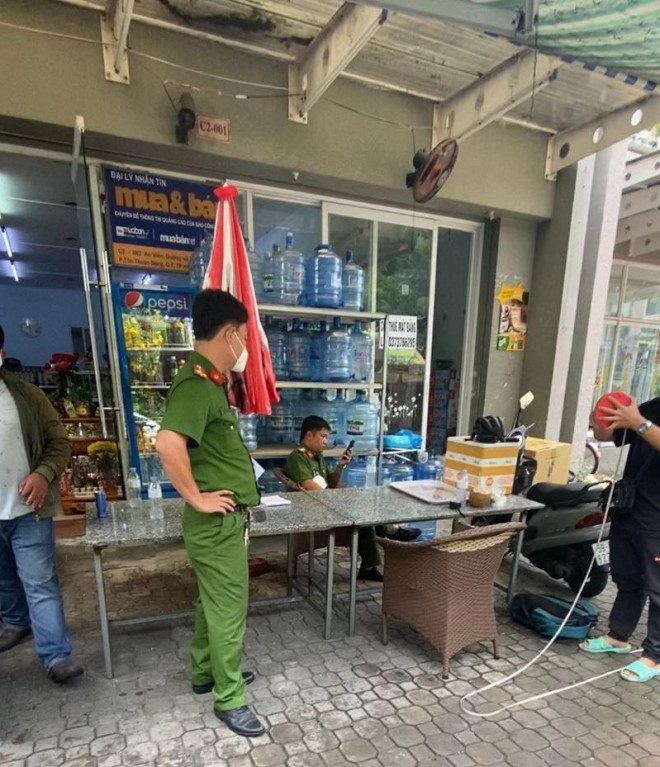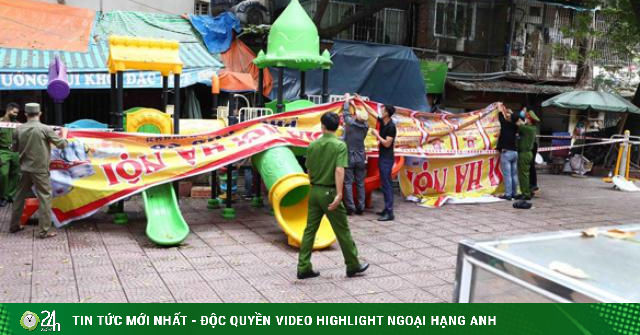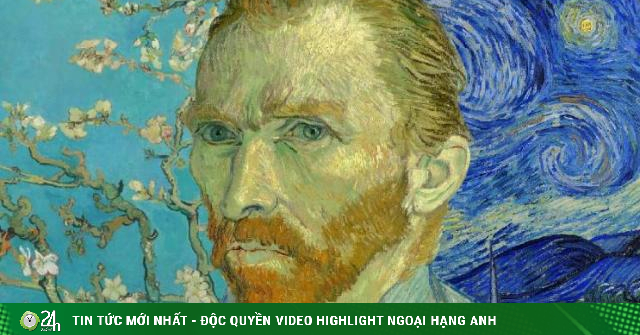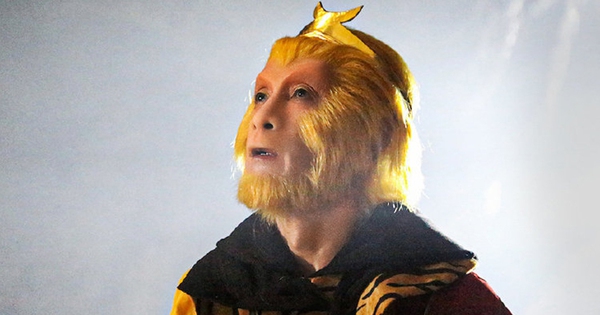From the case of Mrs. Han Ni being held in the face with a camera: Need more severe punishment
Sanctions dealing with people who commit acts of infringing on moral rights do not seem to be enough of a deterrent, so violations still take place regularly, causing anxiety for people.
The case of Ms. Dang Thi Han Ni (journalist Han Ni) being filmed by a group of strangers holding her phone, cursing with very vulgar words, and then being attacked has caused outrage in the public.
Notably, this is not the first time something like this has happened, but the fact that it is quite common and increasingly serious makes us once again need to rethink the legal provisions that are enough. deterrence yet. Or is it time to immediately have a new dose of medicine to treat the above violations.
The Civil Code fully recognizes personal rights
Associate Professor-Dr. Nguyen Thi Hong Nhung, Dean of Law Faculty, University of Economics and Law (National University of Ho Chi Minh City), said: Vietnamese law recognizes and protects the moral rights of individuals.

The police came to the scene to work on the incident where Ms. Han Ni was clashed on March 22. Photo: CTV
Specifically, it is an individual’s right to image, private life, inviolability of life, health, body and honor, dignity and prestige in the 2015 Civil Code.
In principle, the use of personal photos or the collection of information related to anyone’s private life must be consented by that person (except in special cases prescribed by law).
“Thus, the act of arbitrarily filming or taking pictures without the individual’s permission clearly violates that person’s right to his or her image; Not to mention putting these videos on social networks (MXH) both infringes on an individual’s privacy and can adversely affect their honor and dignity,” said Associate Professor-Dr.
In addition, Dr. Doan Thi Phuong Diep, Head of the Legal and Inspection Department, University of Economics and Law (National University of Ho Chi Minh City), also added: Currently, the recording and video recording is only guided by one person. The only legal document in the field of criminal proceedings is the Joint Circular No. 03/2018/TTLT-BCA-VKSNDTC-TANDTC-BQP.
“The recording and video recording outside the scope of criminal investigation, prosecution and trial have not been clearly regulated. However, these issues can be considered according to the provisions of the Civil Code,” said Dr. Phuong Diep.
Sanctions are not enough of a deterrent
Regarding sanctions for handling violations, Assoc. Prof-Dr. Hong Nhung said that although the moral right to a personal image is recognized by law, the sanctions to protect this right against the risk of being violated are still quite limited. regime.
Specifically, according to Clause 3, Article 7 of Decree 144/2021 (regulations on sanctioning of administrative violations in the field of security, order and social safety…): “A fine of 2-3 million dong shall be imposed on the offenders. with one of the following acts: a) Having acts of provocation, teasing, insulting, insulting, defaming the honor and dignity of others…; b) Organizing, hiring, instigating, enticing, seducing, inciting others to intentionally injure or cause harm to other people’s health or infringe upon the honor and dignity of others but not be prosecuted. criminal responsibility;…”.
This means that if you use someone else’s image for the purpose of provoking, teasing, insulting, defaming the honor and dignity of that person, you may be subject to a penalty of 2-3 million VND.
According to Assoc. Prof-Dr. Hong Nhung, this fine is still too low, not “heavy” enough to protect individuals’ rights to their image – a basic human right and inviolable.
It also has not had the effect of deterring and preventing infringements, especially in the digital technology age. Never before has it been easier and more common to infringe on personal rights than it is today.
Meanwhile, for acts of violating the moral rights of individuals, the Penal Code 2015 has recorded three crimes: Crime of humiliating others – Article 155; slander – Article 156; crime of infringing upon the secret or safety of another’s correspondence, telephone, telegram or other form of communication of private information – Article 159.
In order to be criminally handled according to the above-mentioned crimes, all must satisfy the sign of seriously offending the honor and dignity of other people or the subject of the influence is correspondence, phone calls, etc. personal data information). But the identification of signs of serious insult to honor and dignity is qualitative, so it will cause many difficulties for the authorities in determining the crime during the proceedings.
Therefore, it is necessary to soon amend and supplement regulations to promptly adapt to the rapid changes of social networks in order to best protect the moral rights of individuals.
In addition, Dr. Phuong Diep also added that if the violation is committed in the network environment, the provisions of Decree 15/2020 will apply regulations on administrative violations in the fields of post, telecommunications, and radio frequency. radio numbers, information technology and electronic transactions.
For example, an individual who has the act of “Using other people’s personal information on social networks without that individual’s consent” will be fined 15-25 million VND; For organizations with the same violations, the fine is twice that of individuals.
According to Ms. Diep, the person whose personal image has been infringed has the right to request the court to issue a decision forcing the infringer, relevant agencies, organizations and individuals to withdraw, destroy and terminate the use. image, compensate for damage and apply other handling measures as prescribed by law.
“If the misuse of other people’s personal images is serious, leading to the humiliation of the person being recorded, video recording and satisfying the constituent elements, they may be prosecuted for penal liability under Article 155. Penal Code on the crime of humiliating others. The maximum penalty can be up to five years in prison,” said Dr. Phuong Diep.
The crime of disturbing public order may be considered As for the case where journalist Han Ni was pressed with a camera to her face while eating and a fight broke out, I believe that the behavior of the group of disruptors showed signs of the crime of disturbing public order, as specified in Article 2 of this Law. 318 Penal Code. The objective side of this crime is: Acts of disturbing public order and harming the legitimate rights and interests of citizens protected by law. Acts of causing public disorder are performed openly in crowded places, showing a sense of disregard for social discipline and the State’s laws through various forms of expression such as abusive speech, rudeness, and harshness. continue to offend others in public or by fighting, breaking things, causing chaos, etc. in public places. The above-mentioned acts, which can be performed in places other than public places, but have greatly affected public order, are also considered to cause public disorder. Lawyer TRAN CAO DAI KI KUYENBar Association of Dong Nai province |
at Blogtuan.info – Source: 24h.com.vn – Read the original article here



